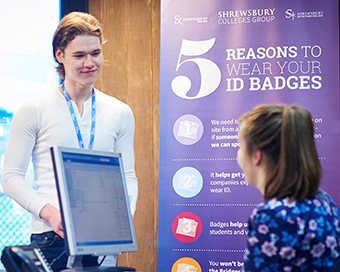Photographers, Audio-visual & Broadcasting Equipment Operators
Workers in this unit group operate and assist with still, cine and television cameras and operate other equipment to record, manipulate and project sound and vision for entertainment, cultural, commercial and industrial purposes.
Tasks
- Selects subject and conceives composition of picture or discusses composition with colleagues
- Arranges subject, lighting, camera equipment and any microphones
- Inserts lenses and adjusts aperture and speed settings as necessary
- Operates scanning equipment to transfer image to computer and manipulates image to achieve the desired effect
- Photographs subject or follows action by moving camera
- Takes, records and manipulates digital images and digital video footage
- Controls transmission, broadcasting and satellite systems for television and radio programmes, identifies and solves related technical problems
- Checks operation and positioning of projectors, vision and sound recording equipment, and mixing and dubbing equipment
- Operates equipment to record, edit and play back films and television programmes
- Manages health and safety issues
- Operates sound mixing and dubbing equipment to obtain desired mix, level and balance of sound.
Entry Requirements
There are no set academic requirements although entrants usually possess GCSEs/S grades, A levels/H grades and are able to demonstrate proof of pre- entry work experience. A variety of diplomas, degrees and postgraduate qualifications are available. NVQs/SVQs in Photography are available at Levels 2, 3 and 4.






